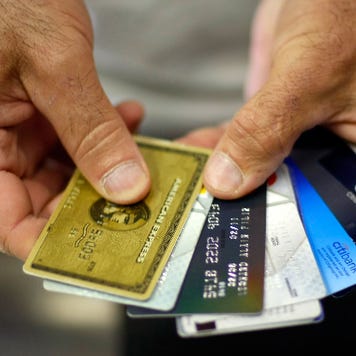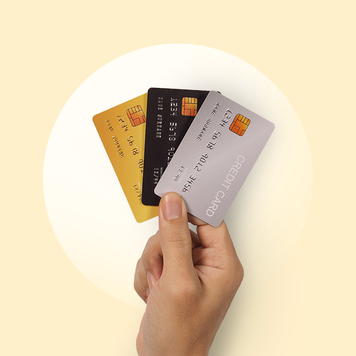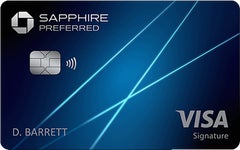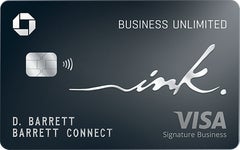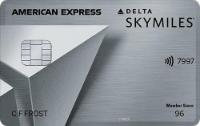Credit Cards
Compare top offers by category. Read our expert reviews and recommendations. Feel confident when you apply.
Card Type
Card Issuer
Bankrate's promoted cards from our partners
Here are some of our most popular credit card offers this month. Whether you are interested in a lower interest rate, travel rewards, cash back or other perks, we can help you find the right credit card from our partners. The listings that appear on the website are from credit card companies from which Bankrate receives compensation. This compensation may impact how and where products appear on this site. Terms Apply.
Help us shape the future of personal finance
We’re building something new to make rate shopping smarter and simpler. Join our waitlist to get early access, share your feedback, and unlock exclusive offers.
Priority rate alerts
Exclusive member offers
Time saving
Limited spots remaining
You're signed up!
Now, help us personalize your experience. Answering the next few questions will ensure you receive the most relevant tips and offers.
Stay tuned to see what we're building
You're all set! We're gearing up to share something big. You'll hear from us soon with what's next.
Tools & Reviews
We asked the Bankrate experts: What is your favorite piece of credit card advice?




Featured by names you know and trust


The latest










